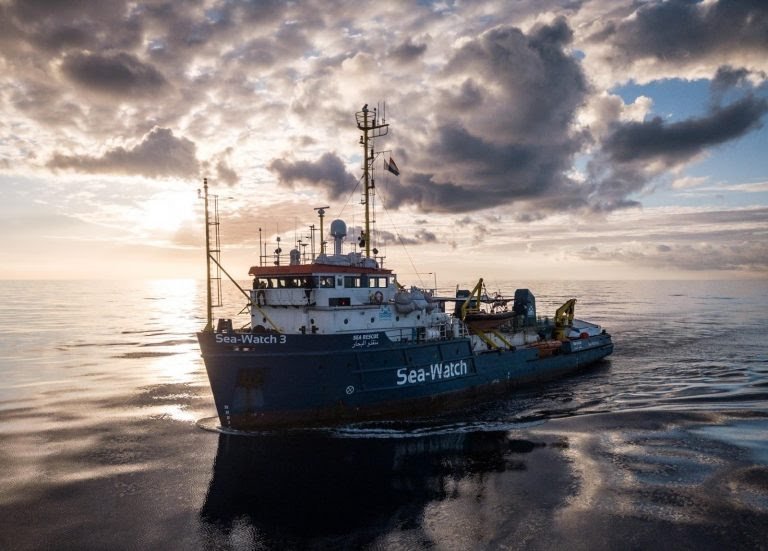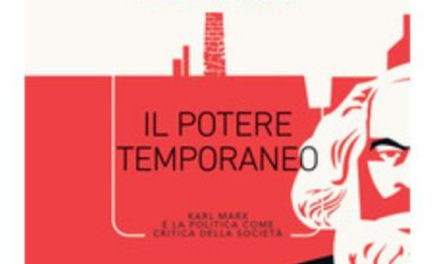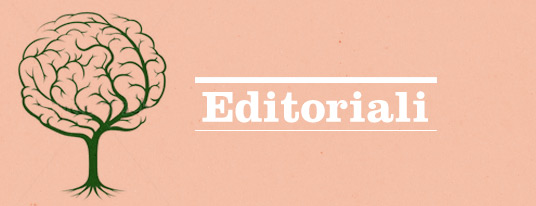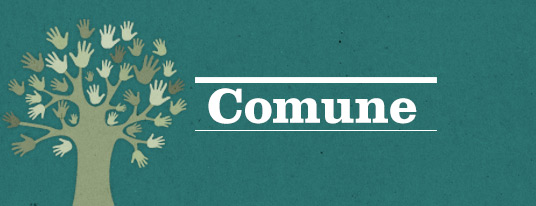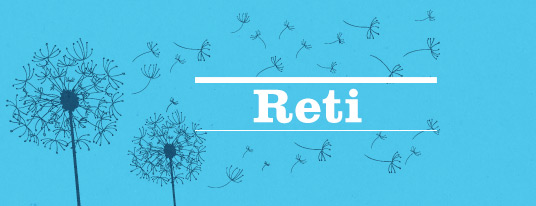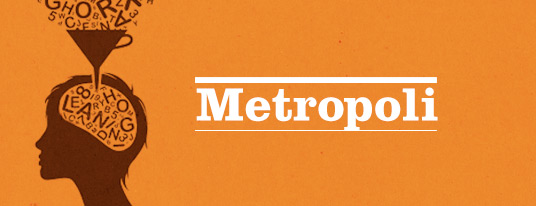By MARTINA TAZZIOLI.
The Italian minister of the interior, Matteo Salvini, is currently under investigation for abuse of power and the kidnapping of 177 migrants. These migrants were, on Salvini’s orders, confined to the coast guard vessel Diciotti for more than one week in late August last year. While this case received international media attention, it was not an isolated event. Over the last several years Italian ministers and politicians have repeatedly violated international and domestic law as they have sought to prevent individuals from migrating over the Mediterranean Sea. The disembarkation of rescued migrants has been denied or delayed many times. On a few occasions, Italy has arbitrarily closed its ports entirely.
While the closure of ports and the kidnapping of migrants triggered a strong reaction from some citizens and municipalities, many seemingly do not care. They do not care about the kidnapping of people by the state, nor about an interior minister who violates the law. They just do not want the migrants to land in Italy. Yet, far from being an exclusive Italian affair, the above mentioned legal and political controversies are part of a European battle, in which member states compete to not take care of a few dozen people on a boat seeking asylum. In fact, the recurrent strategy of taking migrants hostage is a sign of how deep Europe’s crisis has become.
Kidnapping migrants is a strategy designed to deter and exhaust migrants while putting pressure on other member states.
Migrants as hostages of European politics
31 January 2019: after being held on a ship of the NGO Sea Watch for 13 days by the Italian authorities, the 47 migrants who were rescued in central Mediterranean were finally authorised to disembark in Sicily, or to put it better they had been liberated. During the period of their captivity the Italian government had argued that the Netherlands should receive them, due to the Dutch flag on the Sea Watch vessel. The Dutch authorities refused to do so. The standoff resulted in a meeting at the European Commission in Brussels to discuss how to deal with the 47 migrants nobody wanted to take. After days of negotiations, the Vatican offered to host the minors while eight member states (France, Germany, Romania, Malta, Portugal, Spain, Luxembourg and Italy) agreed to take a few migrants each. Meanwhile, the NGO Sea Watch was defending itself against a cynical smear campaign in which the Italian government accused it of “putting migrants’ lives at risk”.
This case is only the latest in a series of episodes that took place in central Mediterranean. The kidnapping of migrants has been repeatedly enacted by the Italian government and by Malta over the last year. It’s a strategy designed to deter and exhaust migrants, on the one hand, and to put pressure on the EU and on other member states, on the other. It is worth highlighting the continuity of this tactic. Among other episodes, in July 2018 the coast guard vessel Diciotti was prevented from disembarking rescued migrants in the port of Catania until the Italian president at the time successfully intervened. One month later, the Diciotti was again blocked for more than one week, this time with 177 migrants on board. In both these cases the rescue vessel was Italian. In more recent episodes the vessels have belonged to NGOs registered to other member states. In the closing days of 2018, 49 migrants had to wait 19 days after being rescued by the Sea Eye and Sea Watch vessels. They were finally disembarked in Malta on 9 January, and then relocated to other EU countries.
The strategy of migrant kidnapping on the northern shore of the Mediterranean is part of a broader politics of migration containment. Together with the protracted detention of migrants on rescue vessels, the Libyan Coast Guard intercepts and rescues migrants in distress and takes them back to detention centres in Libya as a result of the 2017 Italy-Libya Memorandum of Understanding. International organisations like UNHCR and the IOM are involved in their containment in Libya once they arrive. In both cases – the confinement of migrants on rescue ships and the return of migrants to Libya – rescue at sea turns out to be a mode of capture.
We might have been pulled out of the sea, the argument goes, but we are no less human and we are not to be bartered and haggled over.
The European battle over numbers
The migrants at the centre of these intra-European diplomatic battles are actually very few in number. Meetings, internal political crises, and struggles between states and non-state actors have resulted from a few dozen migrants seeking entry into Europe despite already being within European territory; confined to their rescue ships either in or just off European harbours for no other reason than member states’ refusal to take them. It is noticeable that the dispute among European countries was also predicated on migrants’ vulnerability: some member states have declared that they would welcome women and minors only. In this way, the right to protection and to mobility appear as a sort of “privilege” of those deemed to be the most vulnerable.
The “fear of the small numbers”, as the anthropologist Ariun Appadurai calls it, has rarely been so evident. With just a few dozen migrants at issue, Salvini is by no means staving off a ‘crisis’ of quantity. Yet that is what makes recent events so troubling. They show that public sentiment does not soften when the counterargument focuses on how small the numbers are, as it has done so far. Both citizens’ active consensus and passive acceptance of migration containment has proved immoveable. The European front against migrants ultimately remains solid.
At the same time, the anti-migrant front does not monopolise the field. Thousands of citizens mobilised across Europe and in Italy to demand the liberation of the detained migrants. Their solidaric reaction was not primarily driven by the fact that there were only a ‘few’ migrants to host, but by a conviction that those kidnapped – like with any other kidnapping – must be unconditionally released. As such, during the protests that haven taken place we have seen many more banners with the words “let them disembark!” than with more Italy-centric slogans like “not in my name”. In short, it’s not about Italy, it’s about the people on the ship.
That central point is further enshrined in the “We are not fish” campaign, launched in Rome on 28 January 2019. We might have been pulled out of the sea, the argument goes, but we are no less human and we are not to be bartered and haggled over. The “We are not fish” campaign demands that Italian harbours remain open and that migrants are allowed to disembark. It opposes the fundamental inequality of lives that sustain the politics of migration, which is premised on the suggestion that migrants are not truly humans.
The widespread citizen reaction against migrants’ seizure at sea and against deaths in the Mediterranean constitutes not only a fundamental ethical response, but also potentially a catalyst for actively refusing the leave-to-die politics playing out in the Mediterranean. Indeed, the ongoing civic mobilisation should be seized as an opportunity for moving beyond the horizon of a politics of rescue and the current debate that pivots around the question, should we rescue or not rescue the migrants?
Indeed, a left-wing discourse on migration would require fighting the politics of migration containment as a whole, including the most recent bilateral agreement between Italy and Libya that the previous government led by the Democratic Party signed. It would also require challenging the racialisation and inequalities of lives enforced by the global visa regime, which forces many people across the world to become shipwrecked lives to be rescued. Neither the trial of Salvini nor the acceptance of the terms of the current debate centred around leave-to-die politics will liberate migrants from being held hostage to European politics. “We are not fish”. This motto is circulating widely. It posits the existence of a ‘we’, a common ground, between migrants and European citizens that refuses the reproduction of the asymmetries between ‘rescuers’ and ‘rescued’.
Published on OpenDemocracy, 13th February 2019.

